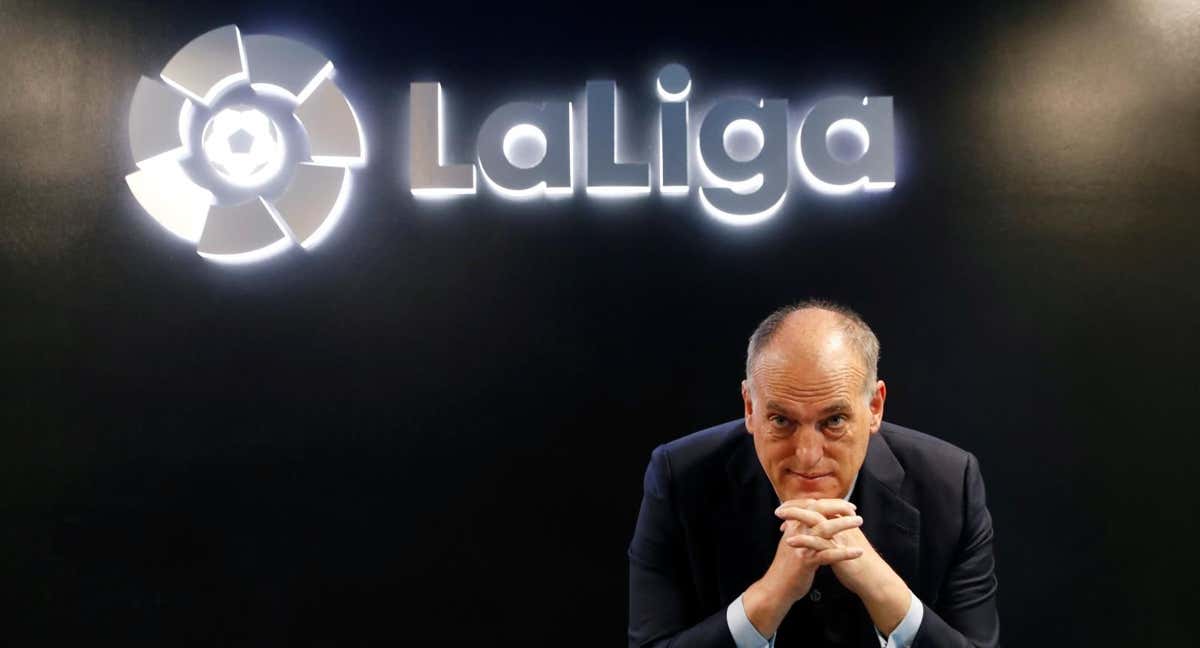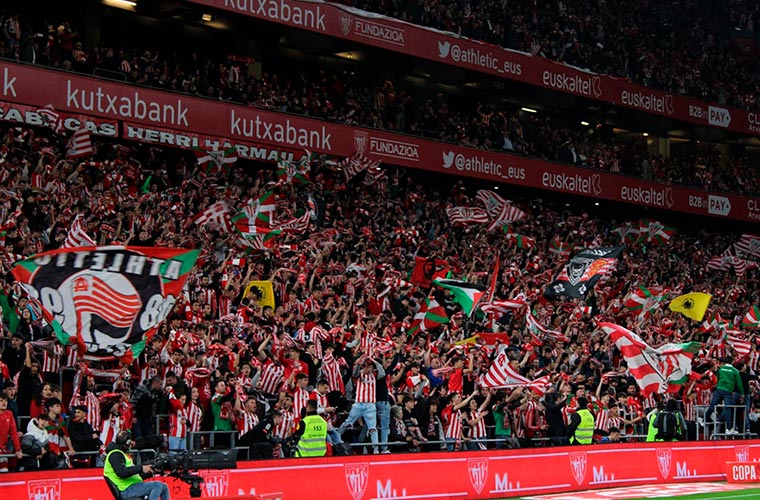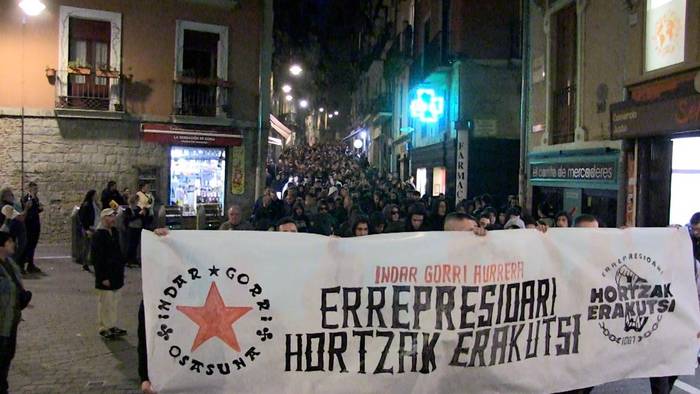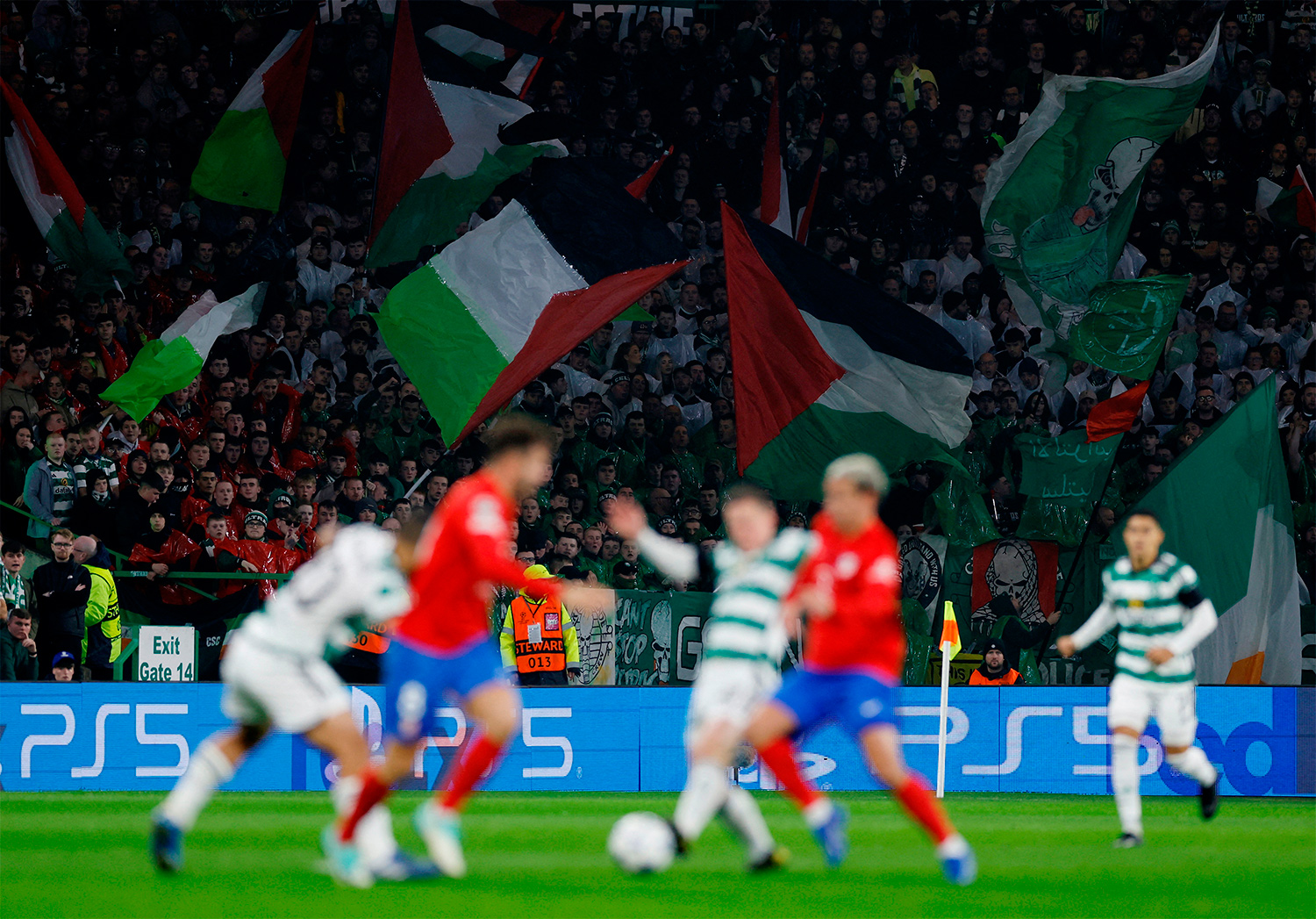"I'm critical of the left because it's often left football in the hands of the far right."
- Carles Viñas (Barcelona, 1972) is a Doctor of Contemporary History from the University of Barcelona. It investigates the radical football fans, the Skindhead movement and extremist attitudes in the sports and political fields. He has published the book Soccer to the country dels soviets (Football in the village of the soviets) with the editorial Tigre de Paper.
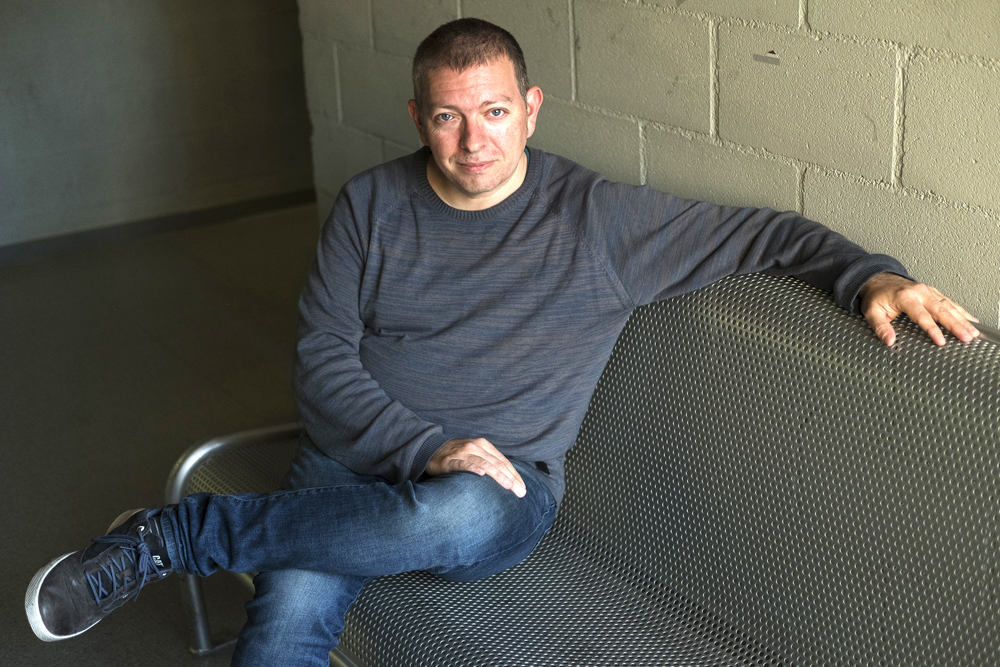
What has led you to write about the connection between the Russian Revolution and the expansion of football?In 2017 we taught a course on the centenary of the Russian Revolution at university and asked me to talk
about the influence of sport on the Revolution. I started researching and looking for information, and I saw that there was a very little known material. Tiger's editor proposed to me to write a book with the information I collected then.
The book takes a historical tour, organized in three phases.
Yes, football has been the excuse to explain the leap from imperial Russia to the Soviet Union (USSR) and to see the social consequences of the Russian Revolution (1917), the civil wars (1917-1923) and the World War. It is a history book and I explain through football the socio-political context surrounding sport.
In a passage it is said that “football is the only option to unite flags, ideologies and feelings”. How does football work as a tool to generate hegemonic national identity?
Football, as a social fact, is political, but it has two sides. Power can use it to bring together a country, a society or a community, but it can also be a space of dissent and protest. In football we find this constant duality, which can be used by dictators and governments, but also by opposition groups and liberation movements nacional.En the case of the USSR, the authorities used the selection to integrate ethnic and multi-religion citizens and promote national cohesion, as the hymn was one of the few
elements that identified all people with the Soviet Union, not the flag and the Soviet Union.
“Football is for many a kind of escape route. If you add political concerns, and mix with contradiction or critical thinking, it becomes a burden.”
Is it not a problem to exclude half of the population, that is, women, in that potential of football as a national binder?
Football can be the vanguard or it can be socially backward, and in this case it is the second. Women’s football, however, is not something that has been created in recent times. I. It began in the World War when English men moved to the forefront and women started working in the war industry. Every factory had its league, and since there were no men, people would see women's football. Up to 50,000 people gathered to see these women playing at the Kerr Ladies Football Club, Dick.Al ending the war,
men returned and resumed the league, but people weren't going as long as before the war, and the federation decided to ban women's football until the 1970s.
Stadiums are usually temples of hegemary masculinity nica.El football
is a social metaphor and you cannot expect that in a very masculinized patriarchal society football is different. Football is nothing more than a reflection of society: sometimes it goes ahead and sometimes behind.
In the book Una historia de la ciutat through Barça (A history of the city in charge of Barça), you analyze the footprint that the group has had in the city. How has it become “the most beloved sports team in Barcelona, the most entrenched in Catalonia and the most important club in the
world”? Depending on the moment, one way or another. In 1918, for example, Barça’s leadership decided to join the campaign for the Autonomy Statute; in Franco there was a framework of resistance: a place to speak in Catalan, you could take
senyeras… Things have changed over time. It has been said that Barça is more than a club and that it is a global brand for the current direction. The personality of the teams is developing and we will see what happens to Barça. The socio-political situation means that we are in an impasse, and there has been no trend in the social fabric. We cannot expect Barça to be recognised as a Republican and a pro-independence if society does not.
“Modern football was created in 1996, with business as a central axis, when some sectors saw it could play a lot”
What did you think of playing the game on October 1, 2017?
Bad. One of the mistakes of the current direction is that it behaves in moderation. With all that happened that morning on 1 October, the game should not be played. You'll have to see who made the decision, whether the players or the management, pressured by the players who were afraid to lose points.
What do you think?
I do not know, but if the players decided that the competition was not their own, because they are ultimately employees of the management and the club.
Why do you think that Barça is more than a club?For many people, whether they like football or not, Barça
represents an idea from Catalonia that faced the Franco regime and the dictatorship of Primo de Rivera. So it's not just a football team. Unlike Athletic, or as not the Celtic of Glasgow or the Livorno of Osasuna. Some groups have a very strong personality that extends beyond the sports field, to the social and political sphere.
Zero tolerance. Violence to l’esport (Zero tolerance. Violence in sport). What is the function of movement in the hooliga?
What is the phenomenon in the hooligo, the violence previously organized to scourge opponents? They're very few, and it's very important not to criminalize football fans, because that's how violent people get together and they get visibility, and that's what they want. They want to go out in the media, and when you transforms a one-off fact to the news of the first page, these attitudes are getting stronger. It seems to me that the peaceful and joyful attitude of the majority of supporters must be promoted and that federations, institutions and the media are acting wrongly on this issue.
How do you explain the disruption of the critical judgment that many people make of football players? With Messi, for example, despite not paying a tax of millions of euros, many on the left consider it an idol. For
many people, Messi is a god on Earth, because through his virtues he gives them a lot of joy in life. For many, life is very hard and grabs that, despite being punished for not paying taxes. Football is a form of evasion for many people and if you add political concerns to it, it mixes with contradictions and critical thinking, it becomes a burden when what you are looking for in football is to spend a quiet time with the people around it.
He has written the prologue of the book A Popular Histology of Football (A Popular History of Football) by Mickäel Correia. Why the need to reclaim this popular part of football?
Because it is unknown to us and we often despise it, and if we assume that football has a popular, political and social aspect, the topic that understands football as an opium of the people is broken. I am very critical of the Left, because he has often left football in the hands of the extreme Right saying that he is an alienator of consciousness, and it is important to recognize that he has also been a field of protest, dissent, antifascism and struggle for liberation, from the moment it spread as a mass phenomenon.
What does football have of the popular and the elite tool?
At first, football was the sport of the elites, since when it was founded, in the nineteenth century, the only people who had leisure time were those who had a life on their way. We are in the Industrial Revolution, when the working class was created, and workers take turns from twelve to fourteen or eighteen hours on six days a week.At the end of the 19th century and the beginning of the 20th, things changed and football became a mass phenomenon, with the incorporation of the working classes into
their imaginary. The reduction of the day had already been achieved thanks to the 1919 strike at the La Canadenca factory in Barcelona, and when the lower class was made with football, the elites turned away from them and prioritized other sports such as horse riding and ski. Until the 1990s football has
been a sport of the working class, but in the 1996 Euro Cup, which was played in England, some sectors saw profit. It's the beginning of modern football, of business football. This type of football has led to an increase in fertilizers. Many people have been left out of the stadiums, forced to watch football on television.
“Football is a social metaphor; football cannot be expected to be different in a very masculinized patriarchal society”
The Sankt Pauli in Hamburg is a popular football model, and you've written a book about it with Natxo Parra. How does he have twenty million followers and six hundred peñas all over the world? With the
arrival of business football, many people have felt their usual club as a foreign club and have launched to look for a more original football, linked to the community and the neighborhood. And that's Sankt Pauli: a mirror in which a lot of people would like it to be their club. We must not forget that it is a professional team and that it has its contradictions. Sankt Pauli has never won any titles, but he has millions of followers in Europe and around the world, because he has a social trajectory, with campaigns for refugees, for the LGTBI group, against the G20… For that involvement that many want for his team, many have so many followers.
And where does the commitment to antifascism come from?It is the only club in the world that is defined in its statutes as
an anti-fascist and contrary to any kind of discrimination, an attitude that comes from the 1980s. When it was set up as a club, it was the Hamburg port team, which attracted more than two thousand people, most of them old. But then the people of the autonomous movement, the punkis, the anti-nuclear movement, the supporters of the extra-parliamentary left, began to go to the stadium and in Germany the extreme right was going up with the fascists who put the counterpoint to Sankt Pauli gegen rechts [Sankt Pauli versus the right] and kein fußball den faschist [football for the non-fascists].
Historia errepikatzen dela idatzi zuen Marxek, “lehenik tragedia gisa, gero fartsa moduan”. Armagintzaren eta militarismoaren inguruan errepikapen hutsa ez, espiralean goraka doan buklea ari gara bizitzen, fartsatik asko duena, eta tragedian amaitzeko gero eta aukera... [+]
Azken aldian, asteburuetan, Internet ez dabil ondo. Hasieran, zaila zen webguneei ezarritako blokeoen zergatia ulertzea; orain, badakigu Espainiako La Ligak agindu zituela, futbola modu ilegalean emititzea saihesteko. La Ligaren blokeoak euskal domeinuei eragiten dien... [+]
Ertzaintzak martxoaren 13an Bilbon zauritutako bi pertsonaren testigantza jaso ditugu. Athleticen partidaren ostean larriki zauritu zituzten aita-semeak, borra-kolpeka, eta atxilo eraman zuten haietako bat. Furgonetatik ikusi zuen ertzainek nola egin zuten tiro jendearen kontra,... [+]
Iazko udan ere Alacant aldera hurbildu ginen eguraldi hobea aurkitu nahian eta, urtero bezala, egun batez, Benidorm erraldoian sartu ginen hango giroan murgildu, zerbait hartu eta seme-alabekin izozki edo gofre bat dastatzeko asmoz.
Hiri bitxia da, denetarik aurki dezakezu... [+]
Iñigo Cabacas Herri Harmaila taldea eta Athleticen arteko harremana nahaspilatuta dago azkenaldian. Iñigo Cabacas Herri Harmailako Iñigorekin hitz egiteko aukera izan dugu astelehenean.









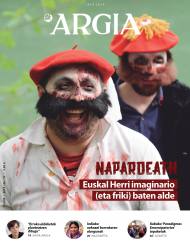

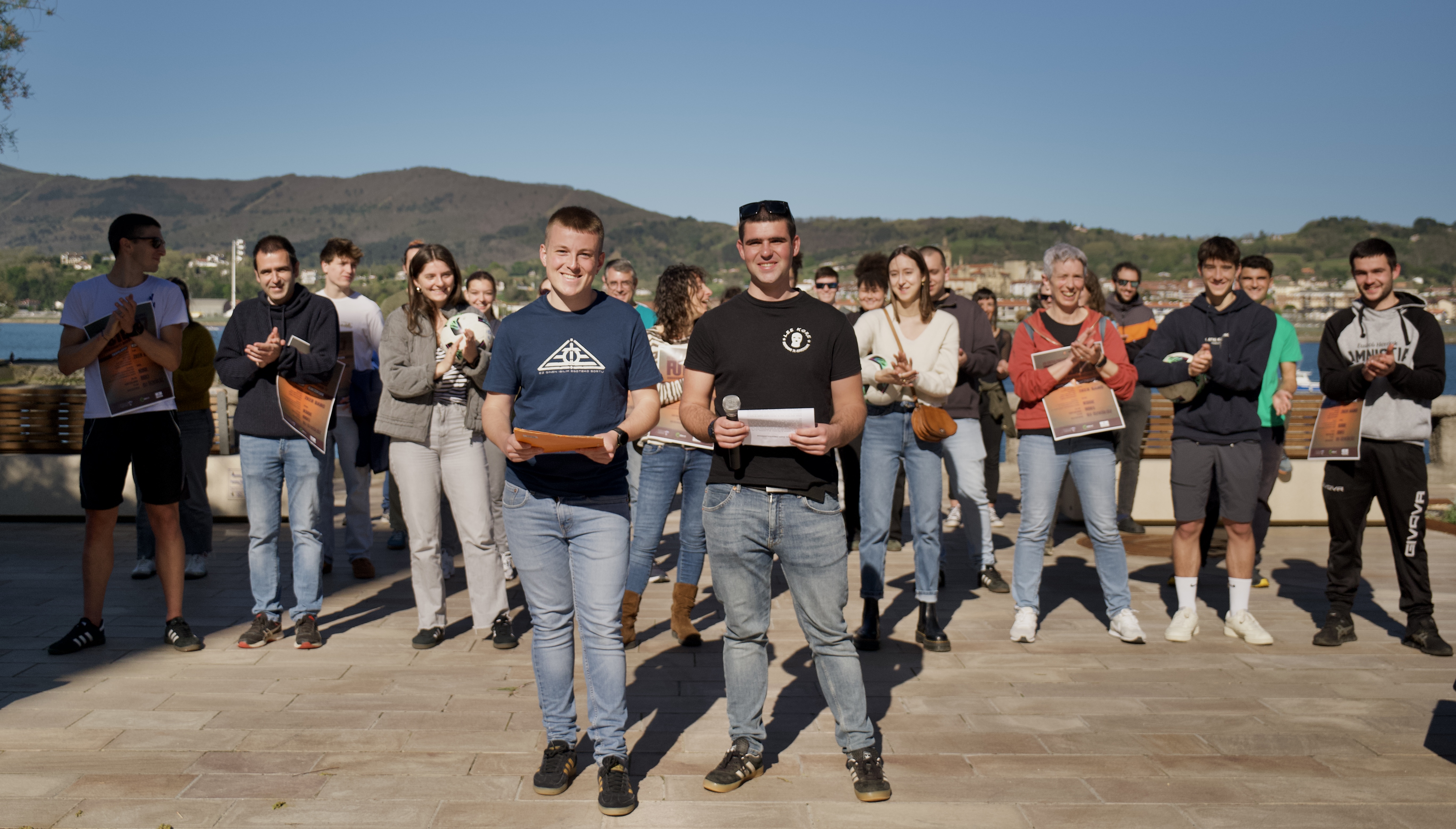

.jpg)
